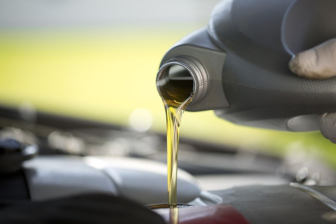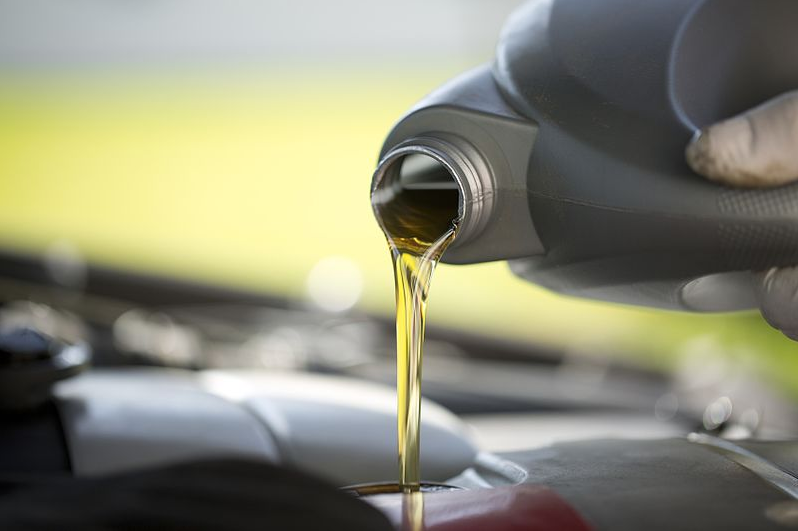If Dorothy oiled the Tin Man with synthetic oil, he probably wouldn’t have rusted on the way to The Emerald City.
That’s because new research by AAA Automotive Engineering, on engine oil quality reports synthetic oil outperformed conventional oil by an average of nearly 50 percent.
As a result, for only $5 more a month, synthetic offers vehicles significantly better engine protection than conventional oil.
“Oil protects critical engine components from damage and AAA has found synthetic engine oils performed an average of 47 percent better than conventional oils in various industry-standard tests,” said John Paul, Senior Manager for Traffic Safety for AAA Northeast.
 Because synthetics have superior resistance to deterioration, AAA’s findings also indicate synthetics benefit newer vehicles with turbo-charge engines and vehicles that are frequently driven in stop-and-go traffic, tow heavy loads or operate in extreme temperatures.
Because synthetics have superior resistance to deterioration, AAA’s findings also indicate synthetics benefit newer vehicles with turbo-charge engines and vehicles that are frequently driven in stop-and-go traffic, tow heavy loads or operate in extreme temperatures.
The average cost of a conventional oil change totals $38, compared to a $70 synthetic oil change. However, consumers generally don’t want to spend additional money on synthetic for various reasons.
“It’s understandable drivers may be skeptical of any service that’s nearly twice the cost of the alternative,” said Paul. “While manufacturer-approved conventional oils won’t harm a vehicle’s engine, the extra $30 per oil change could actually save money in the long run by protecting critical engine components over time.”
Oil
In addition to believing synthetics are too expensive, consumers contended in the study synthetics offered no benefit, believed such an upgrade to synthetic oils are unnecessary upsells by repair facilities; or they were never offered the choice to upgrade.
The study focused on eight industry-standard ASTM (American Society for Testing and Materials) tests that evaluated the quality of both synthetic and conventional engine oils in terms of shear stability, deposit formation, volatility, cold-temperature pumpability, oxidation resistance and oxidation-induced rheological changes.
At the time of testing, all tested oils were licensed by the American Petroleum Institute and advertised to meet the International Lubricants Standardization and Approval Committee’s GF-5 specifications.

